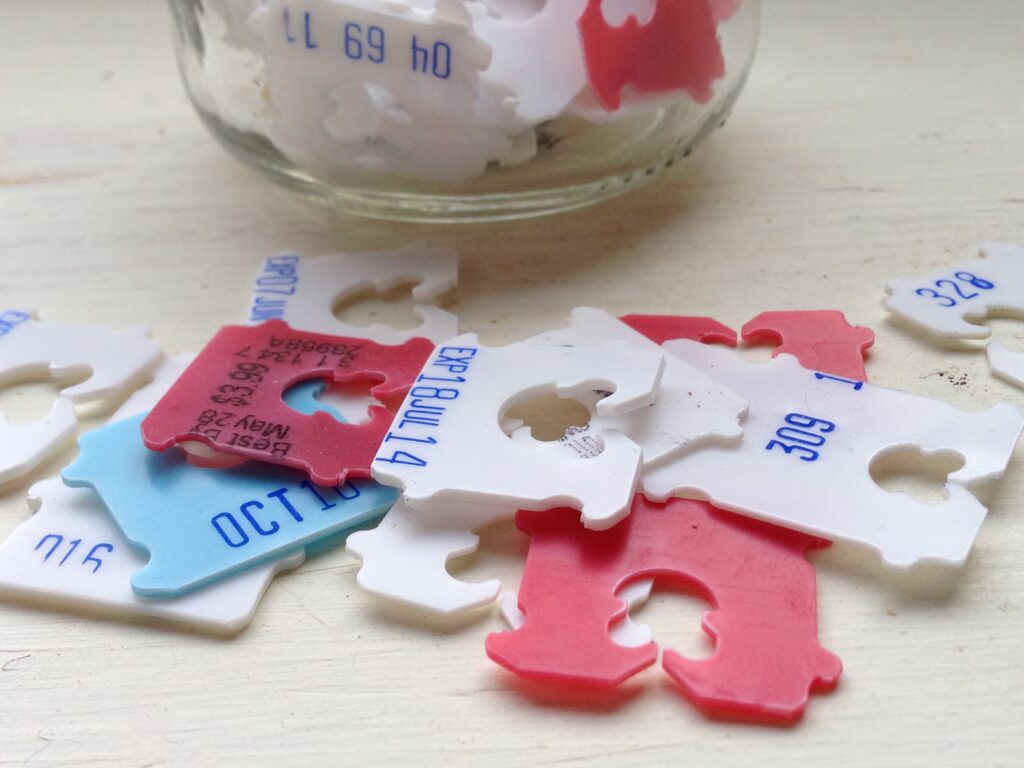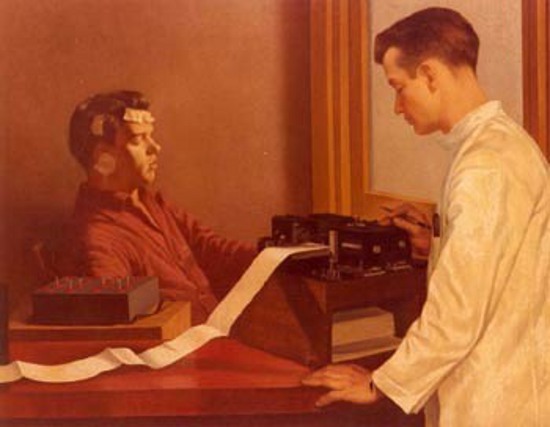
As a little girl, every so often, my teenage parents and I would go to a Blockbuster, buy snacks, and escape the world to watch a movie together. We would return home to a room just below three apartments, occupied by my mother’s parents, their children, and their children’s children. As a three/four-year-old, I grew up constantly running upstairs, fighting with my cousins, hopping fences, singing Keyshia Cole with my mom’s baby sister, crying, running, and dancing. It was so loud all the time – except for our little room in the basement where I first met love. Just like many others, my first love manifested in the first home I can remember. In that home with the scraggly carpet and the coldest air, love was the personification of two people: my mom and dad. Every detail of the love they gave to each other and gave to me illustrated the way I would soon love. With that, I learned there were parts of loving that were meant for movies, and then there were parts that hid in basements.

I did not become interested in boys until I felt I truly had to. I was a kid busy being an adult for most of my life. I was always told I was so mature—so socially intelligent for my age, and I was never worried for. During my second semester in college, I was all the way down in Florida, purposefully far from that first home and all the people that occupied it. I was able to try on different versions of myself and be a kid in that way. I had only myself to think about until I met someone familiar. We met in a weird way; his best friend and I were interested in each other, and because this familiar boy and I were both part of the low sum of brown kids at this Florida college we quickly became friends. We hung out all the time, we talked, and we played video games. Our personalities aligned well, and again, something about him was just so familiar. I was convinced that the familiarity was something meaningful, so I stuck around. I got into fights with my friends about him, even letting an important friendship slip away, but I counted on that feeling I had with him. I protected him in all the ways a person could and began to care deeply. One night alone with him, we watched movies, got snacks, and escaped the world for a little while. He never offered me a conversation with my own spotlight—everything was always about him. I mustered up courage anyhow and told him how I needed a friend because everything I knew so far about college made me sad. It was too different, and I wasn’t connecting the way everyone else was. I explained that as a first-generation, I had always wanted to go to college, never really understanding what it was. And when vulnerability poured from me, a gate opened for him, and things started to play like a film.
My dad always wanted to be the favorite and my mom always wanted to make sure I was okay. In our little home, they had horrendous fights. My mom would always be sure that he was cheating and they’d scream back and forth. If I knew anything about love then, it’s that it was all about loyalty. Since my mom was the one who I was with the most, I knew she was as loyal as they came. She completed little acts of service with such love and effort that even in her complete exhaustion, she would still prioritize the person she loved. She’d give and give so much to my dad and be returned with clues that he was with someone else. Because my mother made me brush my hair into tight ponytails so I wouldn’t get head lice, and because he bought me a new toy every week, I was loyal to him too. “Mommy, you crazy,” I’d say. “Stop yelling at daddy.” It was so natural of me to take his side because it was the side that was always taken by her, too, even when she was hurt. That kind of loyalty, I learned from my mother, and it is the kind of loyalty I carry into my relationships, today.

Later on that movie-esque night, we turned on some music and tried out some goofy dance moves until the gate opened wider and our dancing slowed. I was never interested in any boy like I was interested in him. I wrote a plot in my head about how this night could end perfectly, and he followed it perfectly. I wanted to see where the night could go, and eventually, we kissed. It was a comfortable kiss. I didn’t want anything less and certainly not anything more, because that sort of thing didn’t happen in movies—not in moments like these. He looked at me and said, “I think I’m falling in love with you.” I couldn’t say anything back, of course. I just kind of looked at him, shocked. No one had ever said those words to me before. It was scary and special, and he was giving me everything I wanted. Oh, how familiar it was.
It wasn’t very cool to live in a basement, according to everyone and their kid. They explained that it was more of a sad thing, but I never minded their judgment because my dad bought me the coolest of things. My dad prioritized wants over needs, and because I always had the things I wanted, life was euphoric. And since my mother would give and give, she would also never need. After all, it wasn’t good to need or depend on someone else.
Soon enough on that night, the boy would ask for something that would lead me closer to his true intentions. Even though no one had ever wanted me like this and I had never had a night like this, it was disingenuous, and I couldn’t admit that. I was desperate for this story—desperate to be loved—and he reminded me so much of home. I found out later in our relationship that he was not the kindest person, but I didn’t need to be told I was beautiful. I learned that he was not the most truthful, but I didn’t need him to be genuine. I knew he wasn’t the most empathetic, but then again, I didn’t need to be cared for.
Somehow and somewhere I found myself giving more to the boy than I did to myself because I just wanted him around. I counted on those movie nights because I was convinced that was really all I needed. I was trying to replicate a fragile love between my mother and father. That was all I knew love was.

Edited by Ellie Rose Goldberg and Jackson Bailey
La Lanterna Caffe in NYC is a great spot for a date night or a night out with friends. Save 20% with this coupon and your student ID.

By Melodie Goncalves
Melodie Goncalves is a rising senior at Rhode Island College pursuing her degree in English/Creative Writing and Sociology. She has passions for reading, writing, caring for others, and music. Spending lots of her time with friends and family.
For over 20 years, the Campus Clipper has been offering awesome student discounts in NYC, from the East Side to Greenwich Village. Along with inspiration, the company offers students a special coupon booklet and the Official Student Guide, which encourages them to discover new places in the city and save money on food, clothing, and services. At the Campus Clipper, not only do we help our interns learn new skills, make money, and create wonderful e-books, we give them a platform to teach others. Check our website for more student savings and watch our YouTube video showing off some of New York City’s finest students during the Welcome Week of 2015.
















